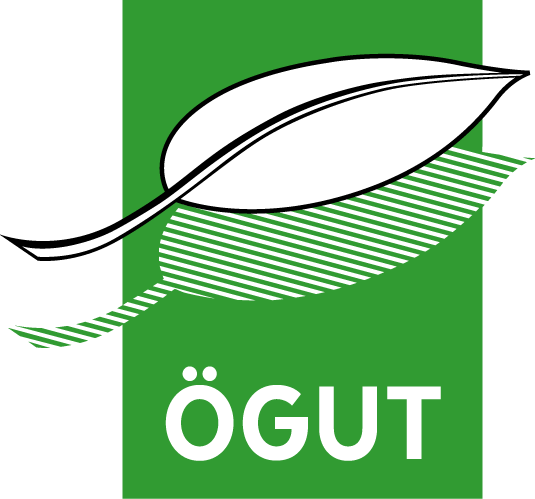Projekt
Solid Sustainability
Status/Duration completed
Scientific fundamentals for the further development of solid building and TQB under consideration of energy relevant aspects
With the project “Nachhaltigkeit massiv” (‘Solid Sustainability’) the Austrian Association for Building Materials and Ceramic Industries has decided to reposition the products and services of its affiliates in the context of sustainable construction and energy efficiency on a scientific foundation. The aim is to create a solid base for the further technological development of the products and services of the companies in building materials and ceramic industry and of the overall construction industry respectively. One essential instrument therefore is the further development of the sustainability assessment tool Total Quality Building (TQB) in a comprehensive sustainable way i.e. considering the ecological as well as the economical and social dimension.
Another incentive for the Austrian Association for Building Materials and Ceramic Industries for dealing with comprehensive sustainability assessment of buildings is the European standardization: In CEN/TC 350 ‘Sustainability of Construction Works’ the framework for sustainability assessment of buildings is being set up aiming for the holistic assessment of constructions taking into consideration the whole life cycle of buildings. Referring to this process the project “Nachhaltigkeit massiv” provides a valuable input concerning positioning Austria in this discussion and therefore strengthens the competitiveness of Austria’s economy.
The project is led by the Austrian Association for Building Materials and Ceramic Industries, project partners are coming from academic research, non-university research institutes, the non-profit sector, and the private sector. In total 15 organizations are elaborating results in 17 subprojects which are divided into three groups according to the dimensions of sustainability, ecology, economy and social aspects. The project management organizes the intensive professional discussions between scientific experts and representatives of companies.
International and national sustainability related assessment methods for buildings are being analyzed to identify indicators in the framework of ‚Solid Sustainability’. The British system BREEAM (Building Research Establishment Environmental Assessment Method), the US system LEED (Leadership in Energy and Environmental Design), the system LEnSE (Label for Environmental, Social and Economic Buildings) or the recently developed German system of the DGNB. Two work packages are dedicated to the further development of the OI3-indicator.
Several models are being developed within the project: a general model for service life prediction und a transportation model to show transport-conditioned environmental impacts of certain building materials as well as a simplified life cycle cost model. Besides service life one work package deals with the influences of catastrophes on buildings, another one shows the influences and possibilities of Resources Management in the building industry.
Research is accompanied by senior experts. The Vienna University of Technology will generate the final scientific report. Building upon the conclusions of the subprojects the sustainability assessment tool (TQB) will be developed further. The final findings will be disseminated on national and international level.
Project Consortium
- The Austrian Federal Economic Chamber - Austrian Association for Building Materials and Ceramic Industries (Project Leadership)
- ÖGUT – Austrian Sociaty für Environment and Technology (Project Management and Coordination)
- 17&4 Organisationsberatung GmbH – Ideen, Konzepte und Lösungen für eine nachhaltige Entwicklung (technical and scientific steering of the research initiative)
- TU Graz, Institut für Materialprüfung und Baustofftechnologie mit angeschlossener TVFA für Festigkeits- und Materialprüfung
- TU Wien, Institut für Hochbau und Technologie, Zentrum für Baustoffforschung, Werkstofftechnik und Brandschutz
- IBO – Österreichisches Institut für Baubiologie und -ökologie GmbH
- TU Wien, Institut für Wassergüte, Ressourcenmanagement und Abfallwirtschaft
- e7 Energie Markt Analyse Gmbh
- arsenal research – Österreichisches Forschungs- und Prüfzentrum Arsenal Ges.m.b.H.
- ARGE Krec-Stieldorf
- BTI Bautechnisches Institut
- Donau-Universität Krems, Department für Bauen und Umwelt
- Schöberl & Pöll OEG
- IFZ – Interuniversitäres Forschungszentrum für Technik, Arbeit und Kultur, Graz
- Österreichisches Ökologie-Institut
The project is funded by the Austrian Klima- und Energiefonds (Climate and Energy Fund) and performed in the framework of the programme „ENERGIE DER ZUKUNFT“ (ENERGY OF TOMORROW).
